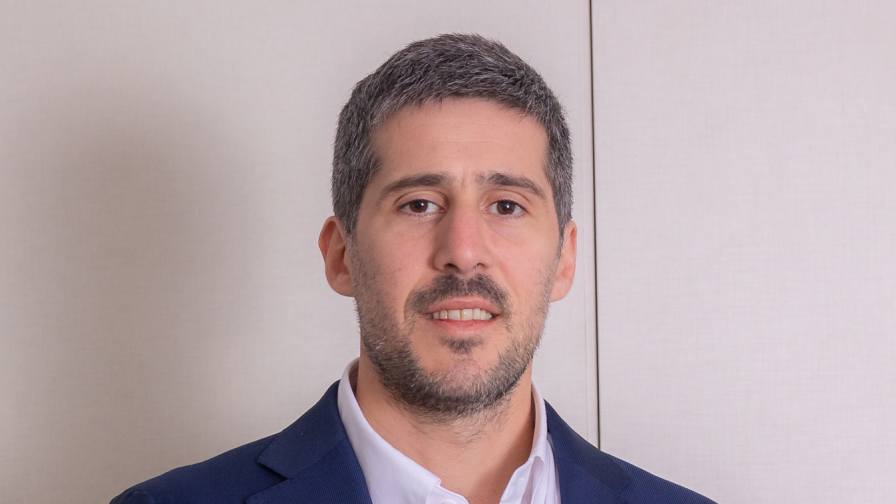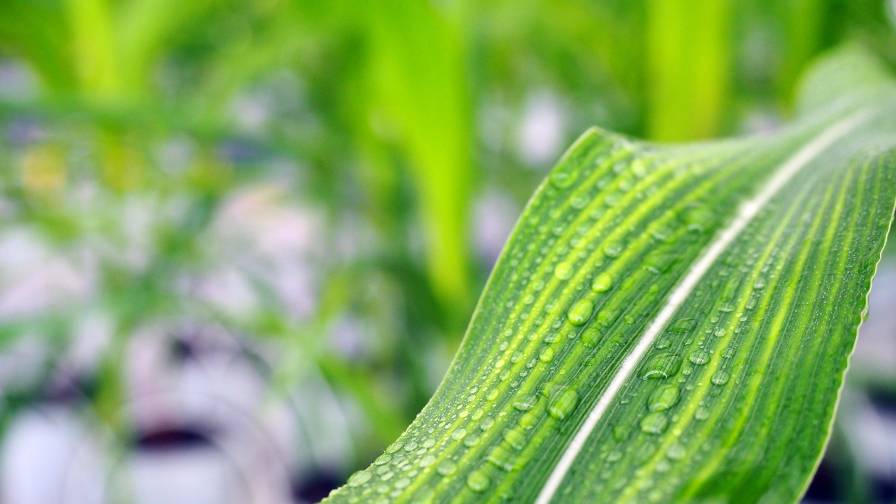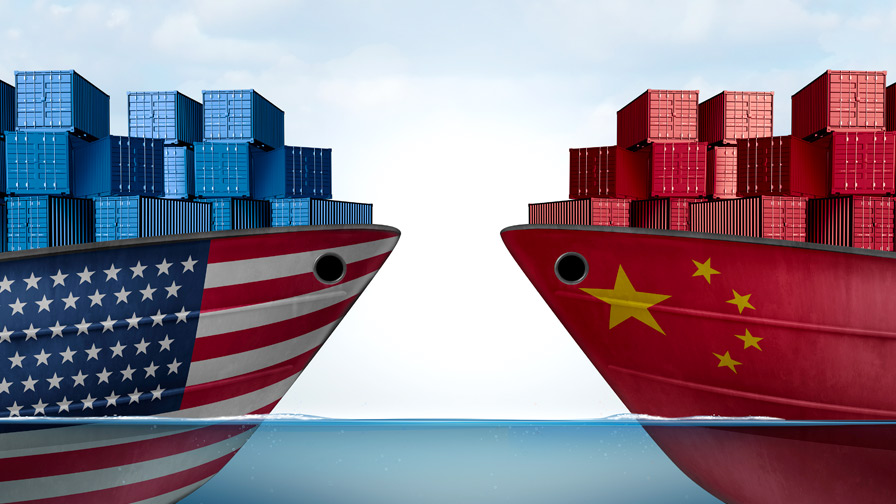Ukraine Eyes Massive Privatization in Agrochemicals Market
Editor’s note: This story first appeared in AgriBusiness Global’s May/June print magazine. We now also distribute the magazine digitally for added circulation and convenience. Preview the digital edition here.
The government of Ukraine plans to create conditions to significantly increase the volume of domestic production of agrichemicals. This will take place through the privatization of some leading local producers, according to the Ukranian Presidential Administration and local government, a spokesperson for which said that this could also contribute to the decline of global prices.
Implementation of these plans will be part of the commitments that had been provided by Ukraine to Western countries several years ago as a condition to receiving loans from the International Monetary Fund and other financial support from Western banks and financial institutions.
The ongoing recovery of the Ukrainian economy from the financial crisis and its consequences has already led to significant growth in the local demand for agrichemicals. However, local producers are currently able to meet no more than 30% of Ukraine’s annual needs in pesticides, herbicides, and other agrichemicals. This is mainly due to their limited production range and the lack of funds for further expansion.
To this regard the Ukranian government is considering the sale of some domestic agrichemical producers to Western investors, including to some multinationals, many of which have been operating in the country for more than 20 years.
According to Vladimir Groysman, Ukraine’s Prime-Minister, the country has a strong agrichemical industry that was formed as far back as the Soviet times, while its development has become a priority for the national government in recent years. Groysman, however, added that the government currently does not have sufficient resources for the large-scale support of the industry, while one of the possible options to solve this problem involves the attraction of foreign investors.
According to senior officials from the Ukranian Ministry of Agriculture, privatization and the further sale of local agrichemical producers will be possible only if funds are invested toward their further development, which will have to be guaranteed by potential investors.
A couple of years ago Arseniy Yatsenuk, who was Ukraine’s Prime-Minister at the time, conducted negotiations with some representatives of the U.S. and the EU agrichemical business and banks regarding expansion into the Ukranian market and the provision of loans for the struggling domestic agrichemical industry. But to date the majority of these loans has not been provided.
Yatsenuk also visited the U.S., where he met with representatives of some local agrichemical companies about their expansion into the Ukranian market.
At that time Thomas Donohue, head of the U.S. Chamber of Commerce, said that many U.S. producers of agrichemicals are interested in the investments in the Ukranian market but still have fears that their funds will not be protected under the current legislative system of Ukraine.
According to a spokesman of Vladimir Groysman, Ukraine since 2015 has successfully conducted a series of reforms of the national tax and energy systems and approved several key amendments in the national legislation, which regulates agriculture. This helped to significantly improve the entire business climate in the country.
According to a recent announcement of the Ukranian government, a preliminary list of local agrichemical enterprises, which will be subject to privatization, will be formed by January or February of 2020.
According to some Ukranian media reports, among the companies that could be subject to a possible sale are such leading local manufacturers of crop protection products and agrichemicals as Agromix, Plantpol, APK-Group, Nikas, and others.
Some of the enterprises could possibly be solved at prices significantly lower than their average market value despite the fact that this may spark protests from the local public, as it was during a recent sale of Yuzhny and other seaports to a consortium of foreign investors.
Representatives of the companies declined to comment.
The attraction of foreign investors should provide an opportunity to the Ukranian producers to significantly expand their production ranges and start exports abroad. To date, the range of local chemical enterprises has been very limited. However, it could be significantly expanded shortly.
In the meantime, according to reports by some Ukranian media, interest in the acquisition of local agrichemical enterprises has already been expressed by some multinationals operating in the country. The first deals were expected to be signed in early 2019.
Currently multinationals such as ChemChina-Syngenta, Bayer-Monsanto, and BASF put big hopes on their further development in the Ukranian market. This is confirmed by numerous recent statements of these companies, according to which the Ukranian market in recent years has become a priority for them in the European region.
Official statistics also show a growth of sales, which was achieved by them in the Ukrainian market in the last several years.
For example, BASF recently said sales of its agrichemicals (particularly crop protection products) last year grew by 12% compared to 2016. The company expects the same growth rates will be observed this year.
According to earlier statements of Chip Lehtinen, an economic adviser of the U.S. Embassy in Ukraine, a particular interest of U.S. investors is related to Ukraine’s Kharkiv region, one of the country’s most developed regions and considered to be the center of Ukraine’s agrichemical industry.
According to Lehtinen, among the main advantages of Ukraine are fertile land, cheap labor, and low rent. This has already been confirmed by the official presentation of Ukraine during the Washington conference, which took place during the visit of Yatsenuk, who said that Ukraine accounts for 30% of black earth soil in global scale.
In the meantime, analysts of the Ukranian Ministry of Agriculture consider an interest of multinationals for the acquisition of Ukranian agricultural assets as quite understandable.
According to analysts, the establishment of production on the basis of the newly acquired Ukranian assets may provide an opportunity to producers to significantly cut their costs and start regular supplies of their finished product to key European and Asia Pacific customers.
In addition, analysts also believe the use of Ukraine as a base for the production of agrichemicals at lower cost could have a beneficial effect on the global market and may contribute to the decline of prices on it.






